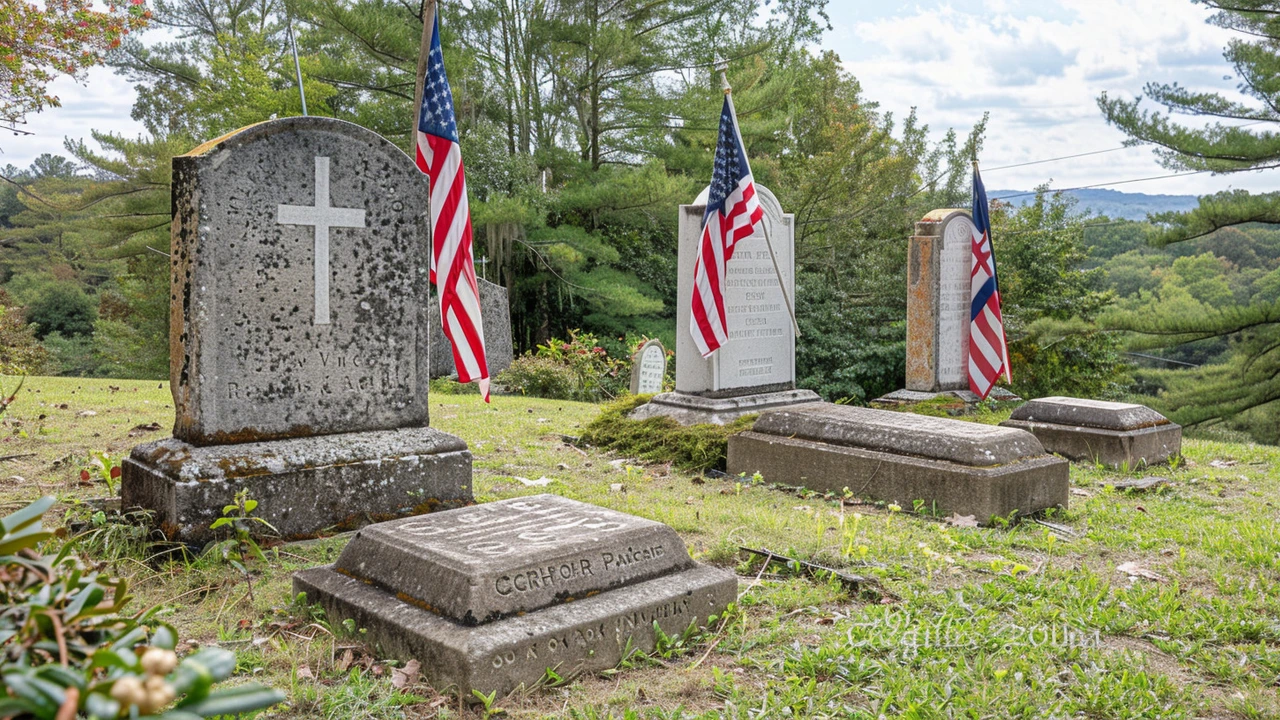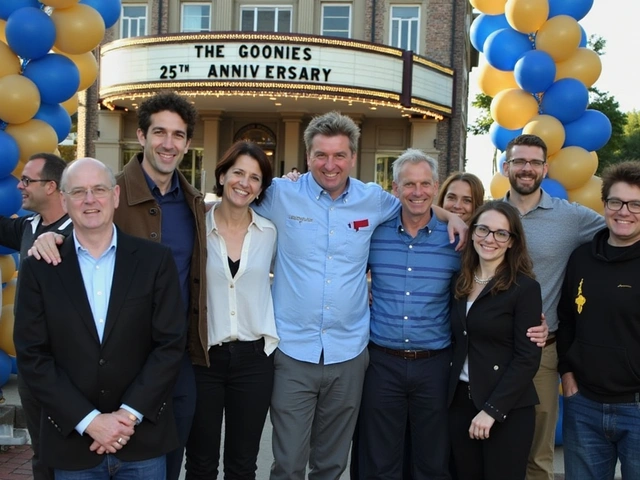Unmasking the Myths: Reflecting on the Whitewashed History of the Civil War
Growing up, many of us held a fascination with history, and for some, that included the American Civil War. As a young white boy, the drama of the battlefield, the strategies, and the valor of the soldiers caught my imagination. After all, the tales spun by historians like Bruce Catton painted a picture of gallant heroes and tragic losses. But it wasn't until adulthood that the full, unsanitized story of the Civil War began to unravel before my eyes. This revelation brought with it a profound sense of betrayal and a pressing need to reconcile the myth with reality.
I can vividly recall the weekends spent leafing through pages filled with detailed accounts of battles like Gettysburg and Antietam. The smoke-filled air, the clashing armies – these elements were romanticized to such an extent that they overshadowed the more sinister underpinnings of this conflict. The grim truth largely omitted from these narratives was that the Civil War was fundamentally about maintaining and perpetuating the institution of slavery. This essential fact was diluted, obscured, or entirely omitted in the version of history I grew up with.
Dissecting the Whitewashed Narrative
The sanitized version of the Civil War I learned did not arise in a vacuum. It was the product of deliberate efforts by groups such as the United Daughters of the Confederacy (UDC). Formed in the late 19th century, the UDC played a pivotal role in promoting a narrative that framed the Confederacy in a sympathetic light. They erected monuments, influenced textbooks, and held ceremonies that celebrated Confederate leaders and soldiers, framing them as defenders of a noble, misguided cause rather than as proponents of slavery.
These groups perpetuated the Lost Cause mythology, which downplayed the role of slavery and instead emphasized states' rights and Southern honor. This narrative found its way into the classrooms and living rooms of America, shaping the perceptions of generations. The tragedy lies in how this 'revised history' impacted our understanding of the Civil War's true causes and consequences. It buried the harsh realities of slavery under layers of romanticism and nostalgia, depriving countless individuals of an honest reckoning with America's past.
Awakening to the Harsh Realities
As I grew older, I began to question the narratives I had internalized. A deeper dive into historical accounts and primary sources revealed the true motivations behind the Confederate cause. It became apparent that the Southern states went to war to preserve an economy built on the exploitation of enslaved people. The declarations of secession from these states made no secret of their intent to uphold and expand slavery. These documents spoke volumes, painting a stark contrast to the sanitized stories I had once believed.
This newfound understanding was further solidified by studying the voices of abolitionists and African American historians. Figures like Frederick Douglass and Harriet Tubman emerged as heroes who had long recognized the inherent injustice of slavery and fought valiantly against it. Their experiences and perspectives brought a much-needed depth to my understanding of the Civil War and emphasized the moral imperative to confront and dismantle slavery.
Reckoning with the Present
Despite this knowledge, the fight against the whitewashing of Civil War history is far from over. Monuments to Confederate leaders still dot the American landscape, and debates over their removal spark fierce opposition. Some still cling to the narratives propagated by the UDC and other similar groups, viewing the Confederate cause through a lens of misplaced pride rather than acknowledging the brutal reality of slavery and its lasting impact on American society.
The persistence of these distorted histories underscores the need for continued education and dialogue. By confronting the uncomfortable truths of our past, we can better understand the forces that shaped our nation and address the lingering issues of racial inequality and injustice. This process requires a collective willingness to listen, learn, and challenge the narratives that have long obscured the darker chapters of our history.
A Call to Action
Moving forward, it is crucial that we promote and support a more accurate and inclusive account of the Civil War. Educators have a responsibility to present a balanced and comprehensive view of history, one that acknowledges the central role of slavery in the conflict and honors the experiences of those who suffered under its yoke. Museums and historical organizations must strive to curate exhibits that tell the full story, incorporating the perspectives of enslaved people, abolitionists, and others whose voices have been marginalized.
Additionally, we must engage in broader societal discussions about the symbols and monuments that populate our public spaces. This does not mean erasing history, but rather providing context and fostering a deeper understanding of what these symbols represent. It is about recognizing the pain and trauma they may cause for communities of color and seeking ways to honor our history that do not perpetuate injustice or glorify oppression.
By doing so, we can begin to heal the wounds of the past and build a more equitable and just future. The Civil War, with all its complexities and contradictions, offers a profound lesson on the dangers of division and the cost of preserving systemic inequality. As we reflect on this chapter of American history, let us commit to telling its full story, acknowledging its impact, and working towards a society that values truth, justice, and equal rights for all.






5 Comments
Lewis Hardy
May 25, 2024 AT 04:02 AMI used to think the Civil War was about states' rights too. Then I read the actual secession documents. Every single one mentions slavery first, last, and in between. It’s not complicated. They didn’t hide it. We just chose to look away. Thanks for calling this out. I’m re-reading Douglass now. His words still burn.
Prakash.s Peter
May 26, 2024 AT 18:44 PMLet’s be precise: The Confederacy was not a ‘noble cause’-it was a criminal enterprise disguised as cultural preservation. The UDC didn’t ‘influence textbooks’-they engineered a propaganda campaign that lasted a century. And now we’re still debating whether to remove statues of men who fought to keep people in chains. This isn’t history. It’s institutionalized amnesia. And it’s still killing people today.
ria ariyani
May 27, 2024 AT 12:48 PMOK but like… why is everyone so mad?? I mean, the South had cool hats?? And horses?? And like… southern hospitality?? I just think we should keep the statues because… aesthetics?? Also, my grandma says it’s heritage, not hate?? 😭😭😭
Emily Nguyen
May 28, 2024 AT 04:05 AMLet’s cut through the performative wokeness. This isn’t about ‘whitewashing’-it’s about rewriting history to fit a modern ideological agenda. The Civil War was complex. Yes, slavery was central-but so was economic disparity, federal overreach, and cultural identity. You can’t reduce 150 years of American development into a single moral binary. The UDC? They were products of their time. So are we. Stop erasing nuance in the name of virtue signaling.
Ruben Figueroa
May 28, 2024 AT 12:46 PMWow. So you’re saying we should tear down every statue ever? 😏 Next you’ll tell us to burn the Declaration because Jefferson owned slaves. Classic cancel culture. Also, your post had 37 commas. Are you a thesaurus with a vendetta? 🤡